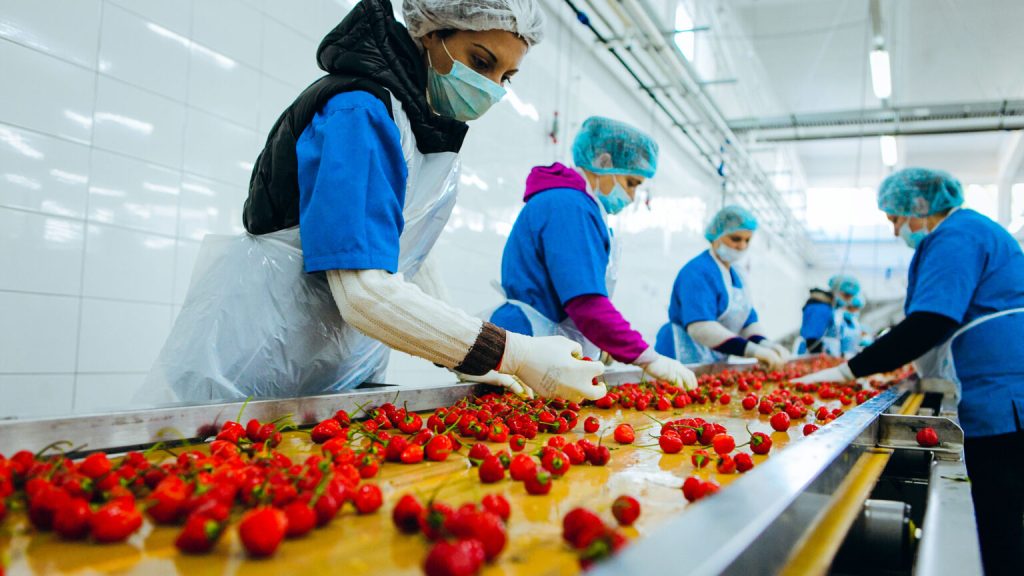When it comes to ensuring the safety and quality of food products, hiring a professional food safety specialist company is essential. These experts have the knowledge, skills, and experience to help businesses maintain high standards of food safety and hygiene. One such reputable company in this field is Sanitation Specialists, known for their pioneering strategies and solutions in the industry.
Here are some key benefits of hiring a food safety specialist company like Sanitation Specialists for your business:
1. Expertise in Compliance with Regulations
Food regulations are constantly evolving, and it can be challenging for businesses to keep up with them. However, failure to comply with these regulations can lead to serious legal consequences and damage to your brand’s reputation. By working with a food safety specialist company like Sanitation Specialists, you can rest assured that you will always be compliant with all the necessary regulations.
Their team stays updated on all the latest laws and guidelines related to food safety and works closely with your business to ensure full compliance. This not only protects you from potential legal issues but also demonstrates your commitment to providing safe products to consumers.
2. Customized Solutions for Your Business
Every business has its unique needs when it comes to food safety protocols. A one-size-fits-all approach may not work effectively for all companies. That’s why working with a specialized food safety specialist company like Sanitation Specialists can be highly beneficial.
They understand that each business has its own processes, equipment, and challenges, and they customize their solutions accordingly. This ensures that your business gets the most effective and relevant food safety services, tailored to your specific needs
3. Improved Food Safety Practices
Food safety specialists have extensive knowledge and experience in assessing, identifying, and mitigating potential hazards in food products. By working with a specialized company like Sanitation Specialists, you can improve your food safety practices significantly.
Their team will conduct thorough audits of your processes, equipment, and facilities to identify any potential risks or gaps in your current food safety protocols. They will then provide you with actionable recommendations to address these issues and help you implement best practices for maintaining high standards of food safety.
4. Saves Time and Resources
Maintaining proper food safety protocols requires a lot of time, effort, and resources. By outsourcing this responsibility to a professional company like Sanitation Specialists, you can save valuable time and resources for other important aspects of your business.
With their expertise and support, you can streamline your processes, reduce the risk of costly mistakes or recalls, and focus on growing your business while ensuring the safety of your products.


